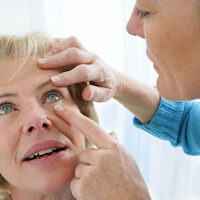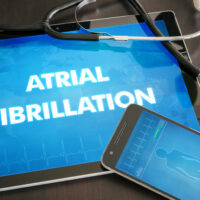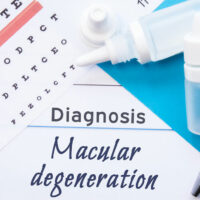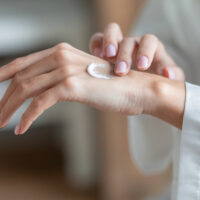9 Mistakes to Avoid for Maintaining Bladder Health
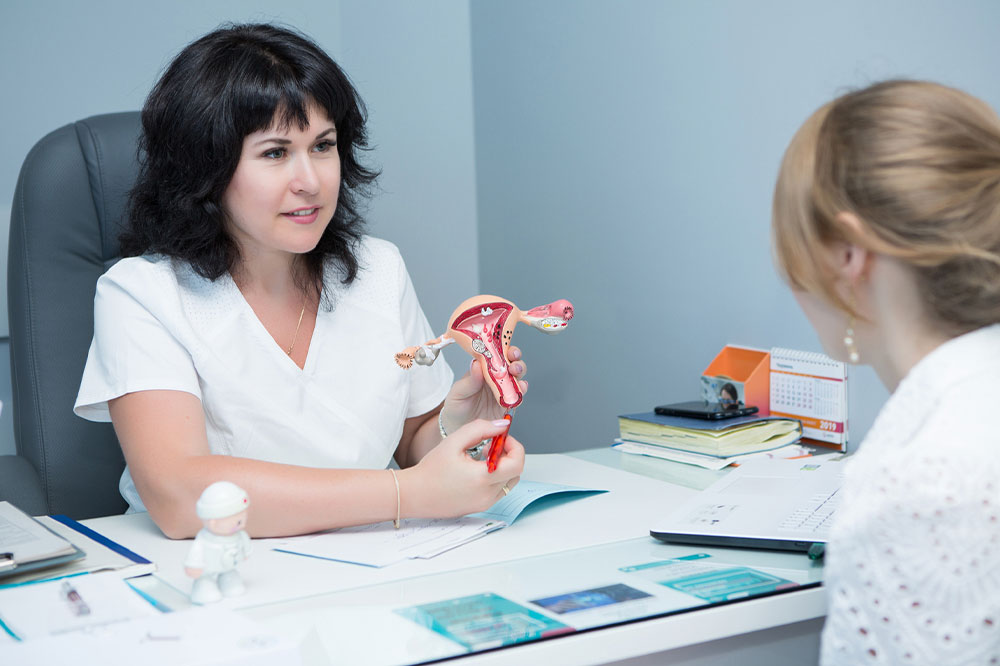
The bladder is responsible for storing urine before it is flushed out of the body. Just like other organs, the bladder is susceptible to a range of complications due to factors like genetics and age. However, one may also unknowingly indulge in certain unhealthy habits that can affect bladder health. This could result in urinary tract infections, urinary retention, or urinary incontinence. So, here are a few habits one should avoid for a healthy bladder:
Holding it in for too long
One may choose to hold in urine when occupied at work or while watching a movie, attending a concert, or traveling. While these are rare situations, one should not make it a habit. Holding in urine for a long period could result in urinary infections, as the bladder may turn into a breeding ground for algae and bacteria. Further, delaying urination can cause the bladder to stretch. So, it is essential to pee whenever one feels the urge, as this can help maintain a healthy bladder.
Not emptying the bladder
Not peeing completely could be as bad as holding in urine for a long time. While this could be intentional when one is in a rush, it may also develop due to urinary retention. The bladder can become unable to completely empty itself due to blockages, infections, neurological conditions, swelling, and side effects of prescriptions. So if one finds that they are unable to urinate completely, they must consult a healthcare expert immediately. One should also avoid ignoring this issue and look for signs such as swelling or pain in the lower abdomen, the urge to pee right after urinating, a slow stream, and frequent urination in small amounts.
Overlooking excessive urination
Sometimes one may urinate more than 8 or 9 times a day. There are many reasons for excessive urination, including age and lifestyle. However, it is important not to overlook this symptom under the assumption that one has a small bladder, which may not be true. If one urinates several times throughout the day, they might be affected by health conditions like an overactive bladder, a UTI, bladder stones, kidney infection, diabetes, or prostate cancer. So, if one makes more than the usual number of bathroom visits, they should consult an expert to check for signs of complications. Getting these symptoms checked could help one get an early diagnosis and treatment plan, helping one develop a healthy bladder.
Drinking too much coffee
Caffeinated beverages like coffee give an energy boost and also help one stay awake longer during extended working hours. But excessive intake of caffeine may have adverse effects on bladder health. It can contribute to a frequent urge to urinate, leading to pain and discomfort. Further, it may compel one to wake up several times in the night to relieve themselves, which may affect sleep patterns and make one feel tired and lethargic more often. So, it is essential to avoid or limit coffee intake to prevent developing an overactive bladder.
Neglecting hygiene
One should keep the genital region clean at all times, especially before and after intercourse. Sex is a common cause of bladder infections, especially in women. The urethra, which is a tube that extends from the bladder out of the body, can encourage bacterial growth. The lack of proper hygiene may increase the risk of bacterial growth and infections. So it is crucial to clean the genitals before and after intercourse to keep bacteria growth in check. Moreover, urinating after sex could help flush any bacteria in the system and prevent potential bladder infections.
Not walking enough
Simple activities like walking play a crucial role in our overall health, especially in people who suffer from heart disease. The condition may lead to the development of fluid in the legs during the day. The lack of walking may result in fluid retention, triggering an active bladder during nighttime, which might affect sleep patterns. So, one must avoid sitting for long periods and walk frequently during the day to prevent fluid build-up in the legs and improve bladder health. If one cannot go outdoors, flexing the calf muscles and raising the legs to the waist level throughout the day may also help avoid fluid retention.
Not drinking enough water
The body requires water to ensure that the organs function regularly and flush out bacteria from the body. However, inadequate hydration may lead to bacteria staying and growing in the urinary tract, which could result in bladder infections. So, one should drink at least six to eight glasses of water each day so that their body can flush out waste and toxins quickly to keep the bladder healthy.
Poor food choices
One of the most common mistakes that can affect bladder health is eating foods that may irritate the organ. A few foods that may contribute to an overactive bladder and increase leakage or urgency and frequency are sugary sweets, spicy food, and tomato-based meals. So one should avoid adding such food to their meal plans, especially if they are at risk of an overactive bladder. Further, speaking to an expert may help one choose bladder-friendly foods that one could add to their meal regimen.
Not visiting a urologist
Another error one should avoid for a healthy bladder is not scheduling regular consultations with a urologist. While one might be in the best health, they might be susceptible to a few underlying diseases that, when left untreated, could deteriorate bladder function. Getting examined by a urologist can help one identify any potential risk factors associated with the bladder. The expert may also be able to recommend options to manage these complications. The earlier one gets a diagnosis, the better the outcome of the respective treatments.
